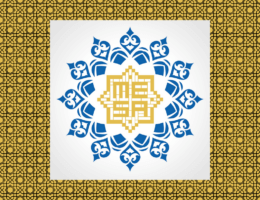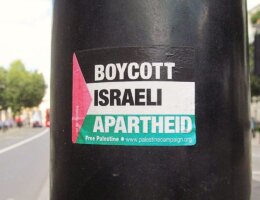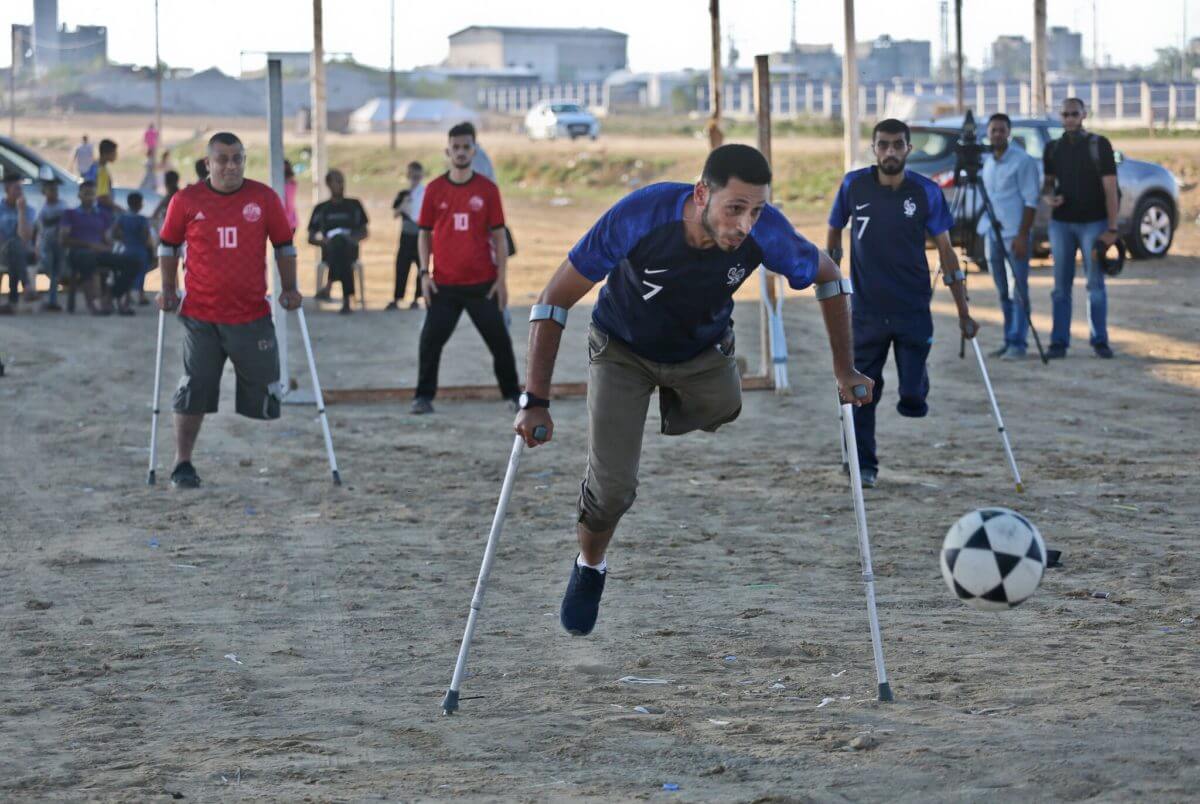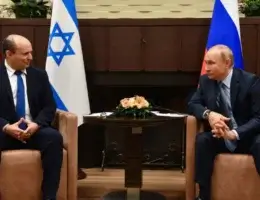80% of Middle East Studies Association scholars voted to endorse the Palestinian call for boycotts, divestment, and sanctions of Israel
European Mathematical Society members welcome the decision to freeze cooperation with Russian state institutions in the wake of the invasion of Ukraine, and call on the organization to apply the same universal principles to Israel.
The Western double standard when it comes to the Russian invasion of Ukraine is painful, enraging, and humiliating for people in the Global South, including for Palestinians. In addition to the hypocrisy, the speed with which all these Western-dominated entities boycotted, expelled or otherwise sanctioned Russia and ordinary Russians, only days after its invasion of Ukraine, sends a clearly racist message to Palestinians, Yemenis, Iraqis, Afghanis and many others, that our lives and rights as people of color do not count. Ironically, these acts and the statements that justify them also effectively demolish almost all the anti-BDS excuses propagated by Israel and its anti-Palestinian apologists in the West against us over 17 years to thwart our calls for accountability and justice.
Activists for Palestine are considering the knock-on effects of the western support for Ukrainian resistance. Does the Zionist lobby think that they can carry on with their anti-BDS bashing as usual, once the Ukraine crisis is no longer in the news? Or are we witnessing a qualitative shift? The number of social media posts talking about the bravery of Ukrainian women, usually in fatigues and holding a gun, are too numerous to count. While pro-Palestinian organizations continue to have their social media posts censored for milder fare.
It was supposed to be the “Iron Dome” to stop social media attacks on Israel, but the apartheid reports just kept coming and coming! Act.IL, the pro-Israel app at least partially funded by the country’s government, has now been deactivated after 5 years.
The Illinois state investment board voted to divest from Unilever because its subsidiary Ben & Jerry’s has decided to stop selling in occupied Palestinian territories. “We find the IIPB’s punitive actions against companies exercising their free speech rights to engage in boycott to be patently unjust,” write a group of Illinois rabbis and cantors.
What took the anti-Apartheid movement in South Africa decades to achieve was carried out against Russia in a matter of hours and days– including FIFA adopting measures to punish Russian teams and athletes. Palestinians are baffled, since they have been informed by FIFA, time and again, that “sports and politics don’t mix”. Not only are Israeli athletes welcomed in all international sports events, the mere attempt by individual athletes to register a moral stance in support of Palestinians, by refusing to compete against Israelis, can be very costly.
Israel is now walking a tightrope above very unpredictable waters of public opinion in the west. The overwhelming wave of opposition to Russian aggression is justifying boycott, divestment and sanctions as well as resistance as responses to the Russian military occupation, measures for which Palestinians have vainly sought western approval. And meanwhile, Israel is playing footsie with Russia so as to maintain its freedom to conduct missile attacks in Syria against Iranian targets.
You see no universal Western outrage over the US support for the Saudi blockade on Yemen, which has killed an estimated 377,000, most of them children dead of famine. The Western press sometimes does report on Western atrocities, but with nothing approaching the rage it reserves for the crimes of our enemies. If there isn’t a constant drumbeat of stories about our atrocities as there is for Putin’s, and pundits aren’t constantly agonizing over our need to do something, the unspoken message is that our crimes simply aren’t that important or bad. Yes this is an argument for whataboutism– but you must be a moral imbecile to think there is something wrong with it because of that.
“The first Intifada was a struggle to end Israeli occupation by establishing an independent Palestinian state in the occupied territories,” political scientist Ian Lustick writes. “I supported that struggle. Tragically, it failed. Three decades and half a million settlers later, that objective is no longer attainable. The BDS movement has effectively taken its place as a grassroots popular movement, based on an absolute commitment to nonviolence, a long-term strategy, a fundamental commitment to equality, and insistence on the realization of Palestinian rights, rather than calling for a specific kind of institutional arrangement.”









